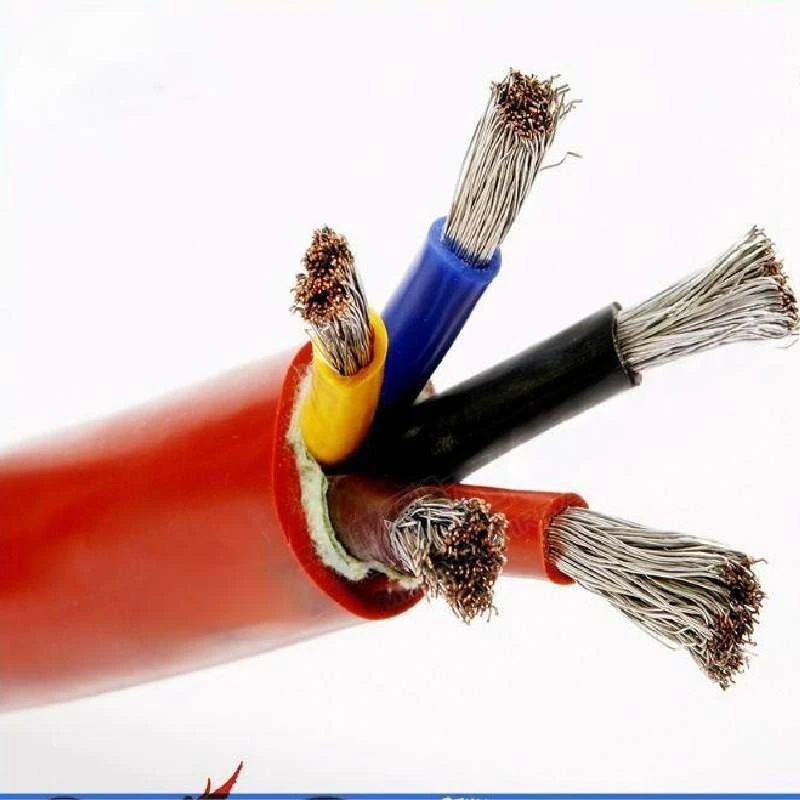ធ្នូ . 06, 2024 08:04 Back to list
Electric Actuators for Gate Valves in Fluid Control Applications
Electric Gate Valve Actuators Revolutionizing Fluid Control Systems
Electric gate valve actuators are essential components in modern fluid control systems, playing a pivotal role in the automation and management of various industrial processes. With the increasing complexity of operations in industries such as water treatment, oil and gas, chemical processing, and power generation, the demand for reliable and efficient valve actuators has surged. This article explores the functionality, advantages, and applications of electric gate valve actuators, underscoring their impact on enhancing operational efficiency.
Understanding Electric Gate Valve Actuators
Electric gate valve actuators convert electrical energy into mechanical motion, allowing for the precise control of gate valves. These actuators are typically designed to open and close the gate valves, which serve as on/off valves in piping systems. The operation is straightforward when electrical power is supplied, the actuator drives the valve mechanism, either lifting the gate to allow fluid flow or lowering it to block flow.
Electric actuators offer various types of control, including local control, remote control via a control system, and automated operation based on preset conditions. They can be integrated into SCADA (Supervisory Control and Data Acquisition) systems, enabling real-time monitoring and control of fluid management processes.
Advantages of Electric Gate Valve Actuators
1. Efficiency Electric actuators are highly efficient in terms of power consumption. Unlike pneumatic or hydraulic actuators, which require additional energy sources (compressed air or hydraulic fluid), electric actuators operate directly on electrical energy, reducing operational costs.
2. Precision Control These actuators provide excellent precision in valve positioning. This precision is critical in processes where exact flow rates must be maintained for optimal performance, reducing waste and improving product quality.
electric gate valve actuators

3. Maintenance-Free Operation Electric gate valve actuators often require less maintenance compared to their pneumatic and hydraulic counterparts because they have fewer moving parts. This feature translates to reduced downtime and lower maintenance costs, making them more suitable for continuous operations.
4. Compact Design The compact nature of electric actuators allows for easier installation in confined spaces, making them a practical choice for facilities with space constraints. Their lightweight design can also lead to savings in structural support and installation costs.
5. Environmental Considerations Electric actuators have a lower environmental impact because they do not require hydraulic fluids, which can be a source of leaks and environmental contamination. Additionally, their ability to be powered by renewable energy sources supports sustainability initiatives in many industries.
Applications of Electric Gate Valve Actuators
Electric gate valve actuators find extensive application across various sectors. In the water and wastewater treatment industry, they control the flow of water through various stages of treatment, ensuring that processes function smoothly. In the oil and gas sector, these actuators are utilized to manage flow in pipelines and refineries, providing safe and efficient operations.
In chemical processing, electric actuators control the flow of various reagents, critically impacting reaction conditions and product quality. Furthermore, in the power generation sector, they play a crucial role in managing cooling water systems and other processes, ensuring efficiency and safety in power production.
Conclusion
Electric gate valve actuators embody the future of fluid control systems, offering numerous advantages that enhance operational efficiency, reliability, and sustainability. Their precision, low maintenance needs, and adaptability to various industrial applications make them indispensable in modern automation processes. As technology continues to evolve, the integration of smart features into electric actuators, such as predictive maintenance capabilities and advanced monitoring systems, will further revolutionize the way industries manage fluid control. Embracing electric gate valve actuators will undoubtedly pave the way for more efficient and environmentally friendly operations, meeting the demands of a rapidly changing industrial landscape.
Share
-
Reliable Wafer Type Butterfly Valves for Every IndustryNewsJul.25,2025
-
Reliable Flow Control Begins with the Right Ball Check ValveNewsJul.25,2025
-
Precision Flow Control Starts with Quality ValvesNewsJul.25,2025
-
Industrial Flow Control ReliabilityNewsJul.25,2025
-
Engineered for Efficiency Gate Valves That Power Industrial PerformanceNewsJul.25,2025
-
Empowering Infrastructure Through Quality ManufacturingNewsJul.25,2025


